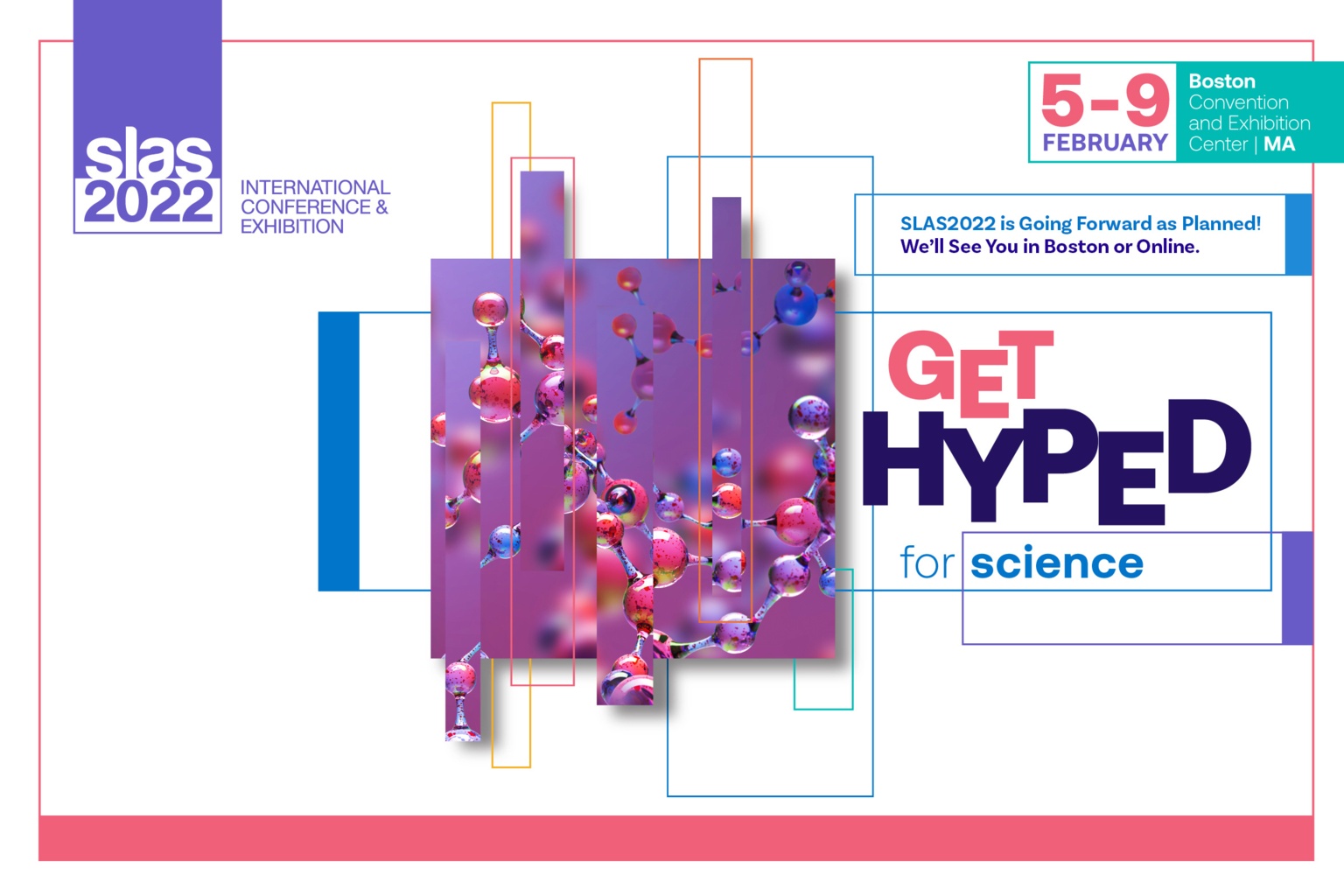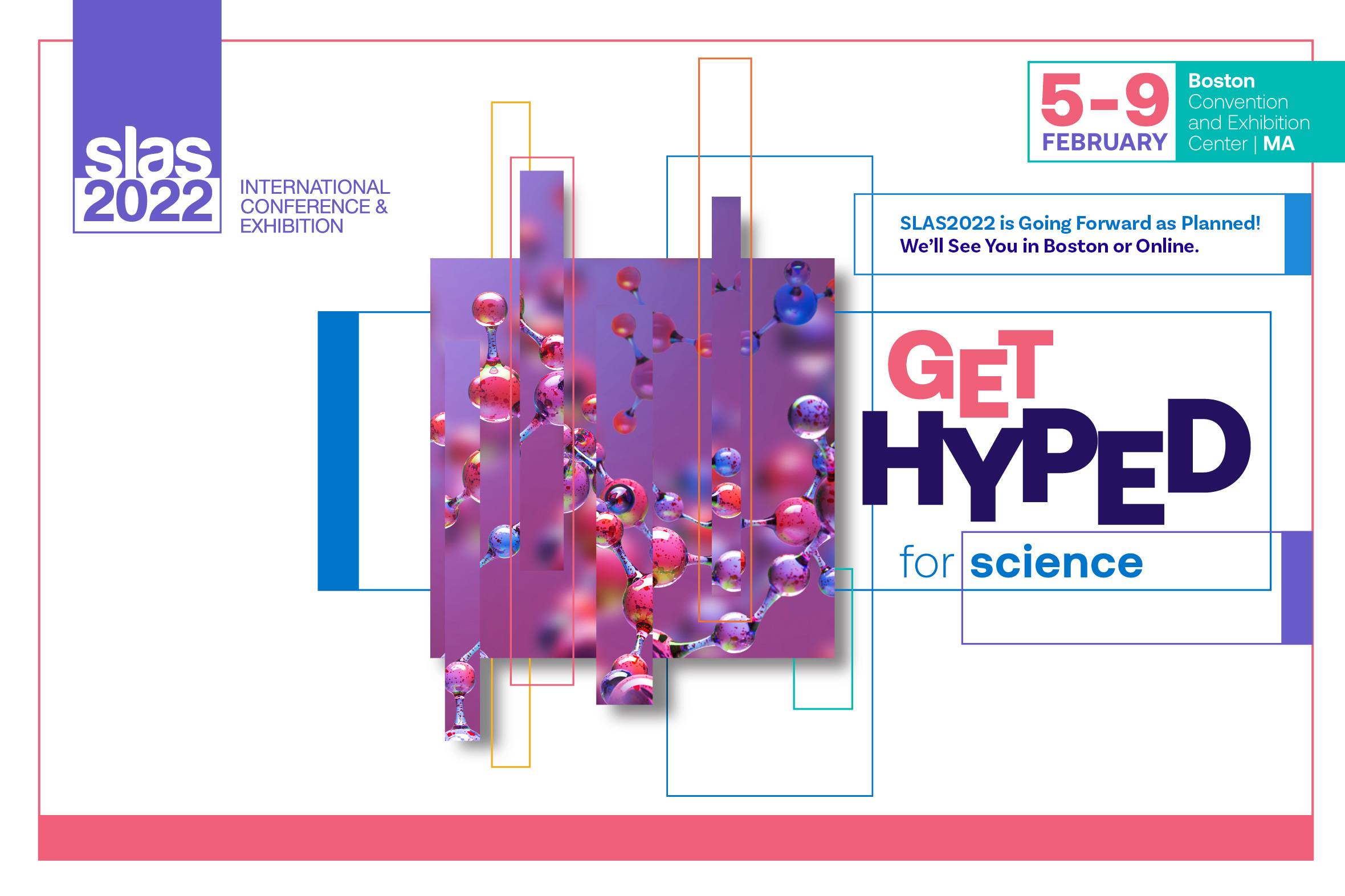February 5-28, 2022
Boston Convention & Exhibition Center
Boston, MA, USA


February 5-28, 2022
Boston Convention & Exhibition Center
Boston, MA, USA
Python is one of the most popular multi-purpose, cross-platform programming languages due to its ease of use, rich library and broad range of applications. This introductory hands-on course will teach the basics of Python programming and how to use it to solve authentic tasks commonly encountered in a scientific laboratory. Topics covered include data handling, analysis and report generation, and task automation.
Bring a laptop with software installed or create a free account to use the cloud-hosted Python integrated development environment, preconfigured and customized for this course.

Mark F. Russo. PhD
Department of Computer Science
The College of New Jersey
Mark Russo received a Ph.D. in Biochemical Engineering in 1989. He has held positions in the Biotechnology and Pharmaceutical industries in the fields of scientific computing, laboratory automation, data system design and development and software architecture. Mark has been involved in SLAS for many years as a short course instructor, session and track chair and the Executive Editor of the Journal of Laboratory Automation (JALA). Mark has published extensively on topics related to scientific computing and laboratory automation, including scientific articles and book chapters. Currently, Mark works in the pharmaceutical industry in enterprise information management. Mark also teaches computer science at The College of New Jersey, Ewing, NJ.

William Neil
West Belmar, NJ
William Neil received a Bachelor's degree in Chemistry and Biology from Trenton State College in 1981. For several years he worked with the Toxicology Division of Mobil Oil Corporation where he developed his interest in computer programming and laboratory automation. In 1987, he wrote his first application to automate data collection from a liquid scintillation counter and installed his first robotics system to automate a Packard biological oxidizer. He then took a two-year sabbatical to focus entirely on laboratory automation at International Flavors and Fragrances (IFF), where he automated fragrance sample compounding. It was at IFF where he learned how to ensure a 24/7 operation. William has been employed in the pharmaceutical industry since 1995, where he has written several applications in Visual Basic and VBA to automate the Drug Discovery process, particularly in the area of instrument integration.